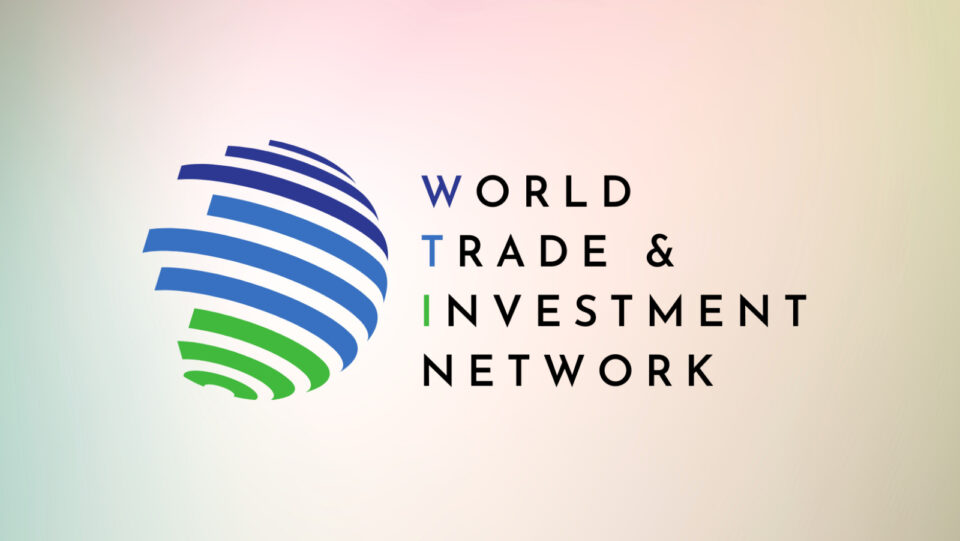The globalization of trade has had a profound impact on the world economy over the past decade. Globalization refers to the process by which businesses, governments, and other organizations operate on an international scale. It has led to increased cross-border trade, investment, and the interconnectivity of economies. Here are some key ways in which globalization has influenced the world economy:
Over the past decade, globalization has facilitated the expansion of international trade. It has led to an increase in the exchange of goods and services across borders. This has been driven by the reduction of trade barriers, advancements in transportation and communication, and the rise of global supply chains. As a result, countries have access to a wider variety of products and services, fostering economic growth and development.

Globalization has also led to significant changes in the structure of industries and the distribution of economic activities. For example, manufacturing processes are often spread across multiple countries, with each specializing in a specific task. This has led to greater efficiency and cost-effectiveness. In addition, global competition has driven innovation, leading to technological advancements that benefit consumers worldwide.
However, globalization has not been without its challenges. Economic disparities have widened, both within and between countries. Some regions have seen significant economic growth, while others have lagged behind. As a result, income inequality has become a pressing issue in many countries.
Understanding the impact of globalization on the world economy is crucial for businesses, policymakers, and individuals. To navigate this changing landscape successfully, it’s essential to stay informed about global economic trends and opportunities.





